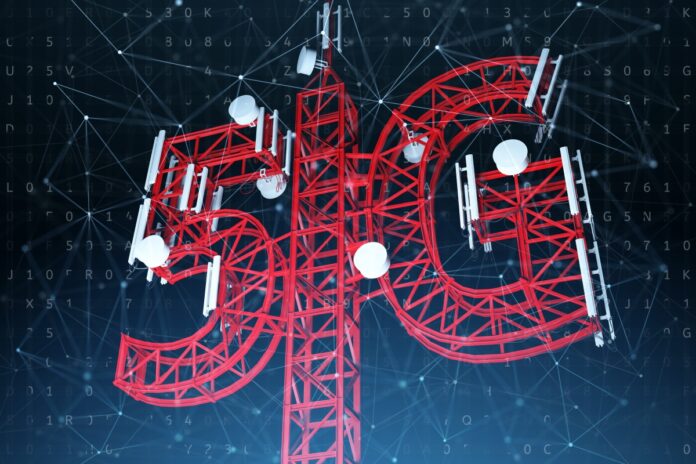Scientists, government officials, city leaders and industry groups have spoken out to condemn “disinformation” which falsely links 5G technology with the coronavirus pandemic.
The comments follow reported arson attacks against mobile phone masts in the UK and broadband engineers receiving physical and verbal threats from people who incorrectly believe that radiation from 5G masts can be linked to coronavirus.
Some of these rumours have been further spread by celebrities on social media.
UK Cabinet Office minister Michael Gove branded the conspiracy theories “dangerous nonsense”. The government is said to be in talks with social media platforms to urge them to do more to stamp out the spread of false information relating to coronavirus.
“Absolute rubbish”
NHS director, Stephen Powis, has been emphatic in his condemnation of the rumours. “The 5G story is complete and utter rubbish. It is nonsense – the worst kind of fake news,” he said.
“The reality is that the mobile phone networks are absolutely critical to all of us, particularly in a time when we are asking people to stay at home and not see relatives and friends.
“But, in particular, those are also the phone networks used by our emergency services and our health workers and I am absolutely outraged, absolutely disgusted, that people would be taking action against the very infrastructure that we need to respond to this health emergency.”
Mobile sector trade group the GSMA has urged the industry to unite in the global fight against Covid-19 and to “combat the fake news and violent actions linking 5G communications technology to the spread of the virus”.
Safe limits
Liverpool is one of the places where mast fires have been reported. Liverpool City Council issued a statement to residents reiterating that: “There is no credible evidence of a link between 5G and coronavirus. Our telecoms networks are key to tackling Covid-19 and play an important role in helping to save lives.”
“The city council will support this work where it can at this critical time,” it said. “Anyone who wishes to raise concerns about 5G in Liverpool should contact Ofcom which is the governing body for the mobile phone industry.”
5G health scares are not new. In October, the UK government wrote to planning authorities saying they should not oppose 5G roll-out in response to citizen campaigns without “legitimate grounds and evidence”.
Myth making
Ministers also pledged to do more to clarify messaging around 5G and bust health myths.
Public Health England states that there may be a small increase in overall exposure to radio waves when 5G is added to an existing network or in a new area. However, it stresses that the overall exposure is expected to remain low relative to guidelines and, as such, there should be no consequences for public health.
UK regulator Ofcom recently measured radiofrequency electromagnetic field (EMF) emissions from 5G equipment for the first time, as part of its regular spectrum testing. The results, released in February, found that emissions levels were at “small fractions” of safe limits and therefore well within them.



